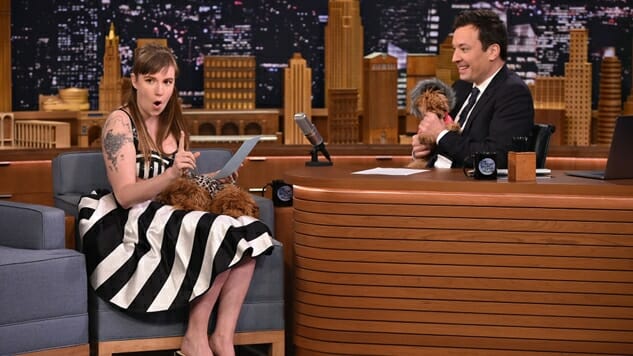Who Determines Celebrities’ Images, the Media or the Public?
Photo by Theo Wargo/Getty
It’s undeniable that the media has a certain power that plays a huge role in a celebrity’s success. After all, that’s their primary method of reaching the masses. They say that all publicity is good publicity, and for a few untouchable celebs that tends to be true. For example, no amount of controversy or bad press will ever knock the Kardashians down. In fact, we could probably argue that one of that family’s greatest talents is their ability to twist and turn all press—good or bad—to their advantage. Some love ‘em, some hate ‘em, but we have to give them credit for staying relevant.
Not all celebrities are so lucky, though. Is it the people or the media, though, who ultimately determines a public entity’s fall from grace? It’s a chicken or the egg situation. Sometimes, the media coverage is what warps the public’s opinion of someone and other times, it seems as if the media’s coverage is tailored to appeal to public opinion. As consumers of what celebrity’s produce and also of the media, we should acknowledge how much pull we have over the entertainment industry as a whole.
Ladies in Showbiz
-

-

-

-

-

-

-

-

-

-

-

-

-

-

-

-

-

-

-

-

-

-

-

-

-

-

-

-

-

-

-

-

-

-

-

-

-

-

-

-








































